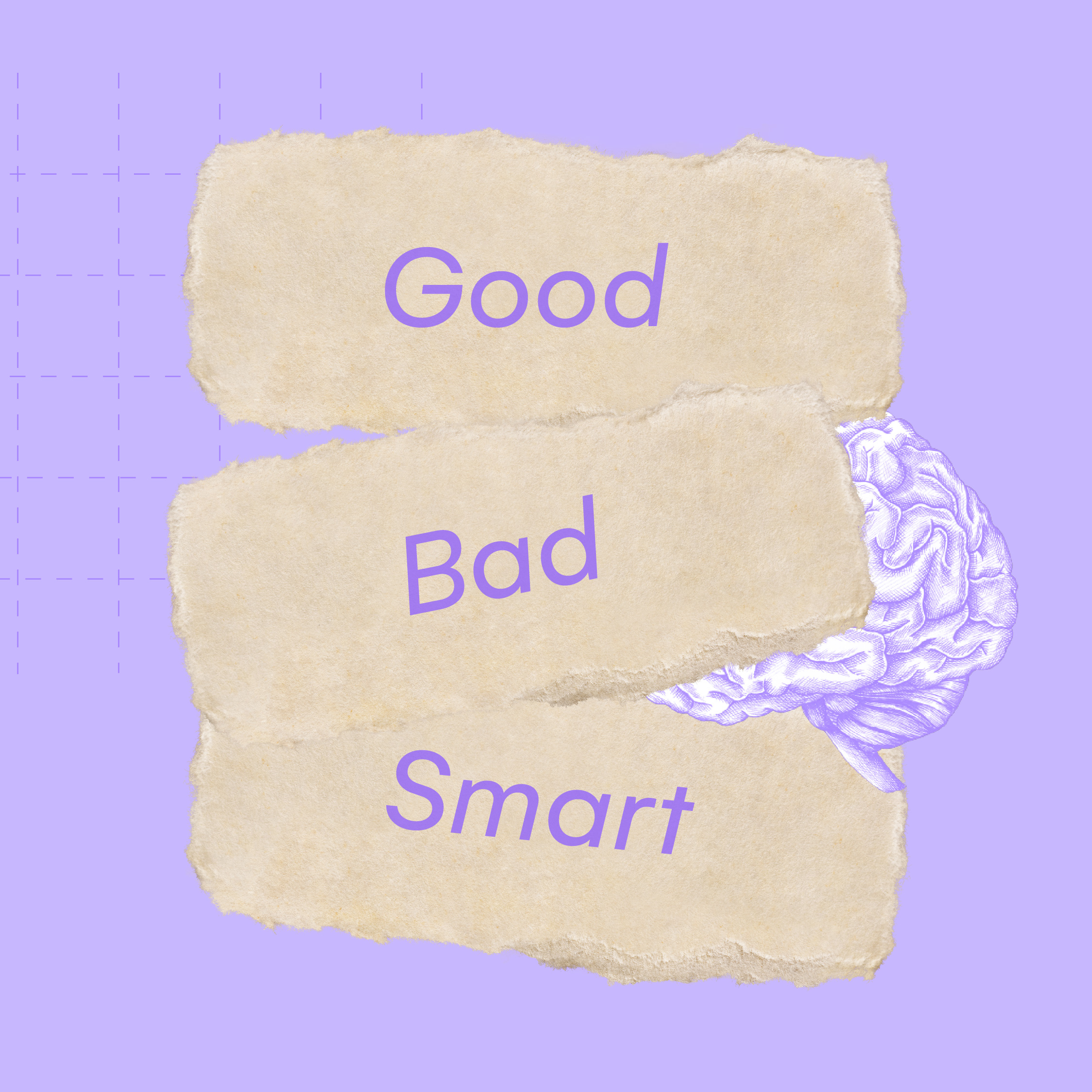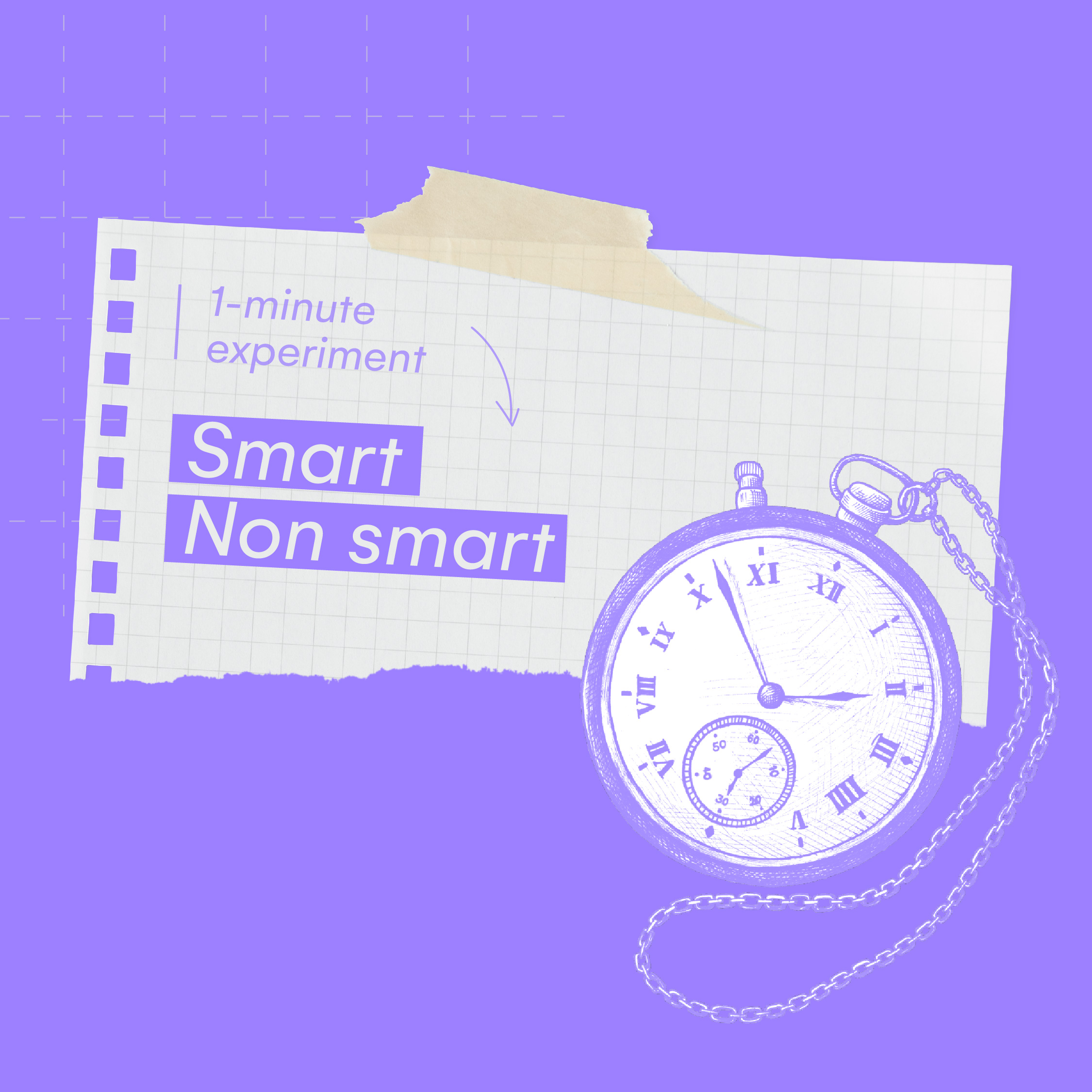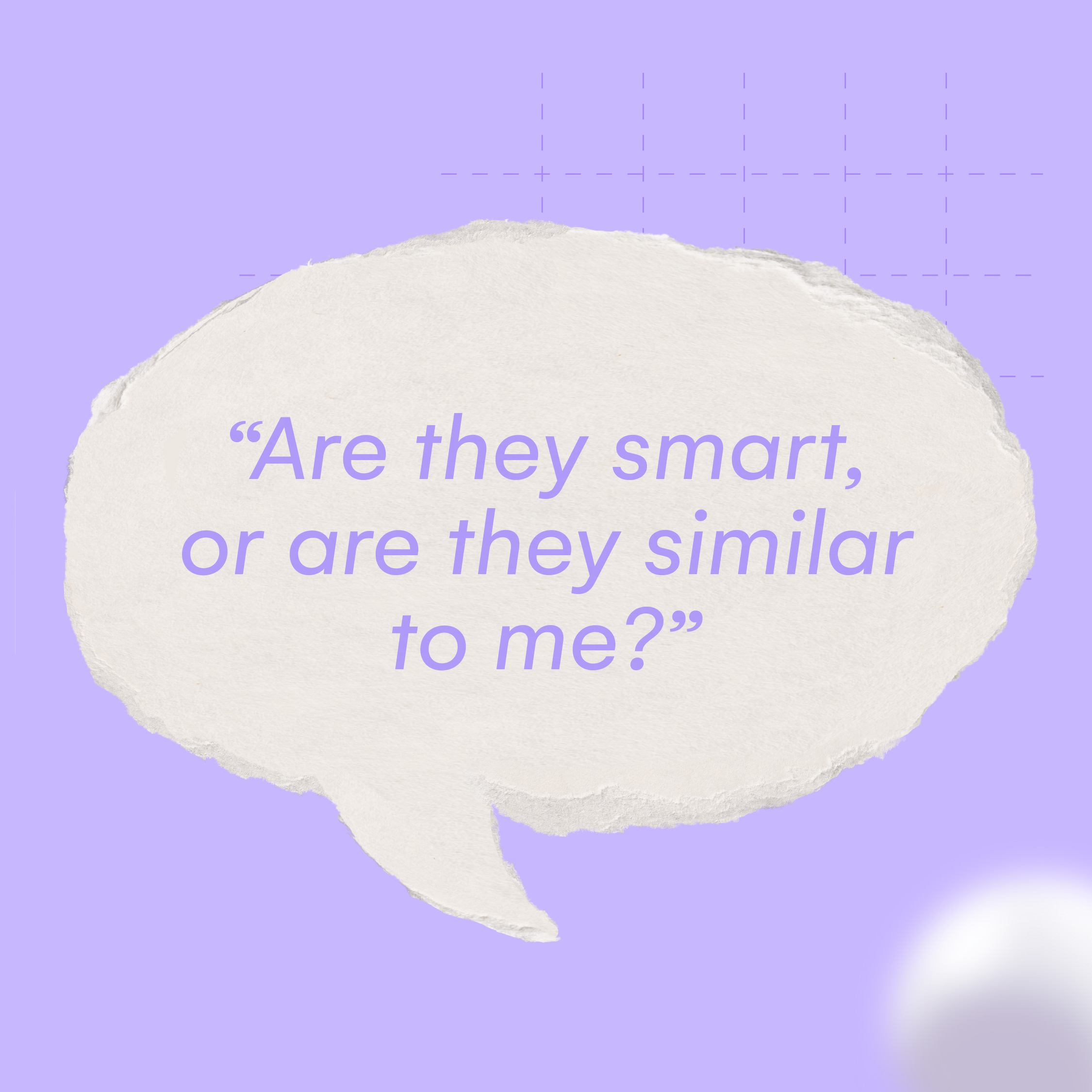From workplaces to schools – we want everything to be smart. But what does smart really mean? What’s behind the hype of being smart? Is this the real paradigm we want to pursue in education, work, and more? Here’s a new angle on the subject matter by an experienced Instructional Designer.
What kind of student were you? Were you the “good student” – best in class? Or were you called “bad” by your teacher as you struggled to keep pace with the lessons? Or perhaps you were regarded as the “smart but lazy” one, brilliant at anything but school.
Good, bad, smart: these three adjectives would label us for the rest of our lives. Let’s face it: we are obsessed with understanding whether people are slow or fast, dumb or smart. However, the school experience teaches us something different. It’s not about what you get by looking for smart people: it’s about what you’re missing.
Follow me again down memory lane. You can probably think of someone who was misjudged by their teachers: someone who would be considered dumb at school, except they were not at all. Perhaps it was you, or maybe it’s happening to one of your children right now.
For me, it is my grandpa: a former fragile student struggling with dyslexia and a stutter in 1940s Italy. At school, his omnivore interest in history, art, and science was silenced, crushed by the fatigue of reading paper books and implacable judgment from his teachers. It took 50 years for it to resurface.
Like him, countless students have gotten discouraged by the reckless judgment of “non-smartness” and gave up learning forever: losing not only the opportunity for further curricular education, but the general approach to learning throughout their life – being able to upskill and reskill if they wanted to and self develop in their personal time. Their environment failed to help them find their natural predispositions, even though their being “bad” students – now we know – depended on wrong interpretations of neutral characteristics or societal inequalities.
Today, our school system has made huge steps towards preventing gross misjudgments: we have programs for Specific Learning Disorders, neurodiversity, cultural inclusion, and we also reflect on equitable evaluation methods to account for different approaches to learning and mindsets.
And yet, suddenly, these themes seem to disappear the day we become workers. Proactive, problem solver, fast-paced, resilient: job applications don’t account for much diversity. Aren’t we missing something? Could it be that, in our obsession with smartness, we are losing perspective on talents that express themselves in divergent or unforeseen ways? And what are the repercussions of this oversight, especially in terms of training programs that account for one and only one career path?
Let’s do a thought experiment. Think of your colleagues.
Now sort them into “smart” and “non smart”. Then, ask yourself: in what environment would this or that colleague thrive?
They may be great at multitasking or at focusing, whimsical but disorganized, organized but gregarious, or they might cope badly with the current manager’s leadership style. They might not understand everything the first time around, but be the best at making new coworkers feel at home and adapt faster.
If our work structure was flexible enough to focus on what people are great at and reinforce them where they need support, wouldn’t it be great both for efficiency and for the working environment?
Aren’t we missing something? Could it be that, in our obsession with smartness, we are losing perspective on talents that express themselves in divergent or unforeseen ways?
There are neurodivergent students in schools all over the world. There are students with specific learning disorders. Students who function best with perfect organization and others who thrive in chaos. Practical and theoretical people. And it is a known – albeit quite recent – truth that intelligence doesn’t have anything to do with any of these factors, as long as each person’s uniquely shaped intellect is cultivated with personalized learning paths.
Where does all this colorful, productive diversity end up, after school? Can it be accounted for in the sole concept of smart? How can we include and leverage differences to create a more vibrant, effective, and enjoyable work environment? The first step is to acknowledge each person’s real strengths and weaknesses; to understand not if they are smart, but rather how and in what fields they are talented.
This analysis will also help us understand the real training needs within our workplace. Currently, we are used to a one-size-fits-all, become-smarter-in-this learning path. That, incidentally, would probably benefit only the ones who were “smarter” to begin with, since “smart” is an unmeasurable criterion and as such it necessarily entails biases. (Always ask yourself: “Are they smart, or are they similar to me?”). A more comprehensive definition of talent would make it easier to define individualized training programs that will help each person scale up personal abilities and get stronger in what they are weaker at.
After that, it will be easy to see how and where each of us could start our own personalized learning – and working – path: at our own pace, with our own stages, and different (but not necessarily in value!) results. And finally, without any “smartness” hierarchy that can only reinforce biases and discourage variety.





